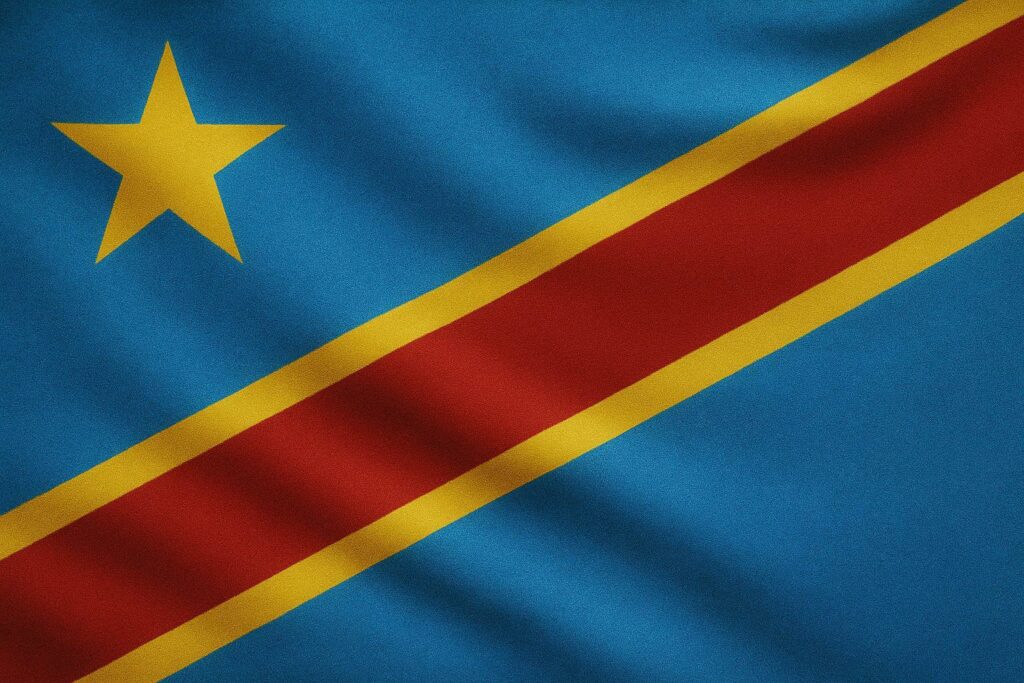A Strategic Healthcare Collaboration
The recent partnership between the Democratic Republic of Congo (DRC) and Japan’s Nipro Group signifies a transformative chapter in the nation’s healthcare landscape. This collaboration aims to fortify the country’s approach to managing renal diseases. By leveraging Nipro’s expertise, the DRC intends to revolutionize its dialysis services, ultimately reducing the need for patients to seek medical treatment abroad—a scenario that has long posed both logistical and financial burdens.
From Contract to Implementation
The formalization of this partnership marks the culmination of intricate negotiations and administrative preparations. The now-signed agreement paves the way for a swift transition to actionable initiatives. Essential to the collaboration is the establishment of state-of-the-art dialysis centers, which promise enhanced patient outcomes. Looking ahead, the DRC anticipates the operational status of its first installations by September.
Modernizing Medical Infrastructure
Central to the agreement is the provision of advanced dialysis machinery, akin to those found in leading global healthcare facilities. This modernization effort extends beyond equipment; it encompasses the training and continuous education of Congolese medical staff—including nurses, technicians, and physicians—who will receive ongoing professional development.
The partnership also ensures rigorous equipment maintenance and facilitates Congolese doctors’ participation in international nephrology conventions, thereby enriching their expertise and integrating innovative medical practices into the country’s healthcare system.
Anticipating a Healthcare Transformation
As the DRC embarks on this ambitious venture with Nipro Group, the implications are far-reaching. Not only is the immediate goal to enhance the quality of renal healthcare within the nation, but there is also a broader vision of positioning the DRC as a leader in healthcare reform within the region. Such an initiative may serve as a benchmark for other African nations grappling with similar healthcare challenges.

